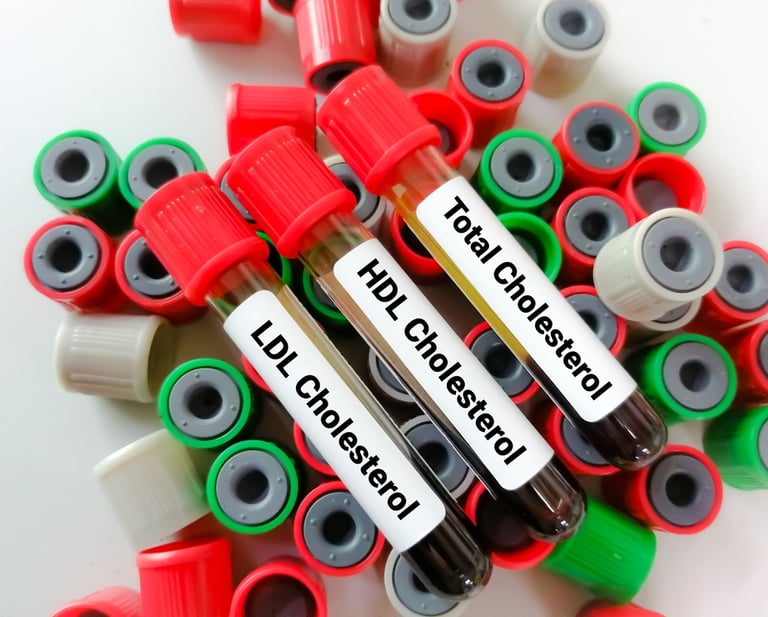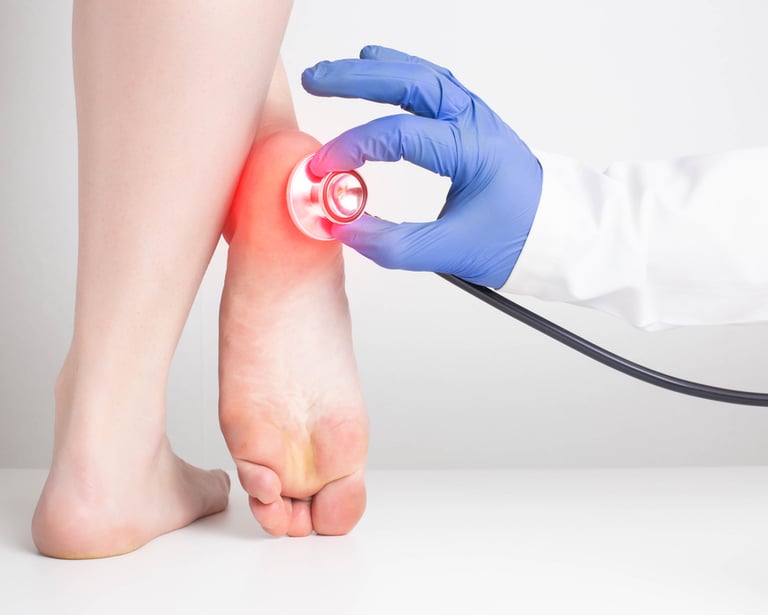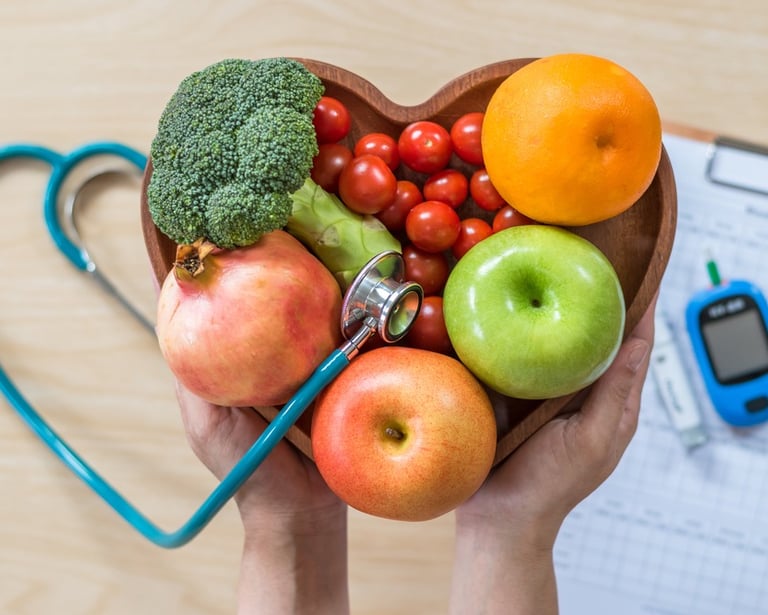Cholesterol: a friend or an enemy?
Learn about the nature of cholesterol, the types and causes of high cholesterol, in addition to the symptoms and harms resulting from it.


Cholesterol is a waxy substance found naturally in the blood and in every cell of the body. It plays an important role in building cell membranes, producing hormones, vitamin D, and bile salts that help digest fats.
Types of cholesterol:
• Total cholesterol: is the sum of all cholesterol types in the blood.
• Bad cholesterol (LDL): contributes to the accumulation of fat on the walls of the arteries.
• Beneficial cholesterol (HDL): Helps remove excess fat from the arteries and transport it to the liver.
Causes of high cholesterol:
• Genetic factors: Genes play an important role in determining the level of cholesterol in the blood.
• Diet: Eating foods rich in saturated fat and cholesterol increases the level of bad cholesterol.
• Lack of physical activity: Not exercising regularly increases the risk of high cholesterol.
• Obesity: People who are obese are more likely to have high cholesterol.
• Some health conditions: such as diabetes, high blood pressure, and kidney disease.
Damages of high cholesterol:
• Atherosclerosis: The accumulation of fat on the walls of the arteries leads to hardening and narrowing, which increases the risk of cardiovascular disease.
• Heart attack and stroke: Blockage of the arteries of the heart or brain due to the accumulation of fat may lead to a heart attack or stroke.
Symptoms of high cholesterol:
There are usually no obvious symptoms of high cholesterol in the early stages. Some symptoms may appear when complications develop, such as:
• Chest pain: when exerting physical effort.
• Shortness of breath: especially when practising sports.
• Dizziness and dizziness: a result of lack of blood flow to the brain.
Diagnosis of high cholesterol:
High cholesterol is diagnosed by a blood analysis to measure the level of total cholesterol, bad cholesterol, and beneficial cholesterol.
Treatment of high cholesterol:
The treatment of high cholesterol aims to reduce the level of bad cholesterol and increase the level of beneficial cholesterol, by:
• Lifestyle change: Eat a healthy diet, exercise regularly, and maintain a healthy weight.
• Medications: The doctor may prescribe certain medications to lower the level of cholesterol.
Prevention of high cholesterol:
• Healthy diet: Reduce the intake of foods rich in saturated fat and cholesterol, and increase the intake of fruits, vegetables and whole grains.
• Regular exercise: Helps lower the level of bad cholesterol and increase the level of beneficial cholesterol.
• Maintaining a healthy weight: Losing excess weight helps lower the level of cholesterol.
• Periodic medical examinations: Periodic check-ups should be performed to measure the level of cholesterol in the blood.
Note: This information is for general guidance only, and does not dispense with consulting a specialist to diagnose and treat any health condition.









Pure Clinic For Medical Care
El ymama Tower, First Upper Floor, Flat No.3. Saad Zaghloul St.(Thalatheny St.) Sharq District, Port Said
Developed by


